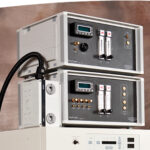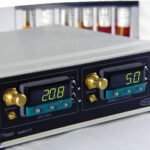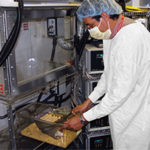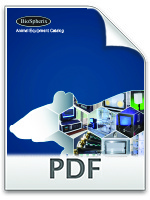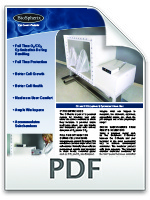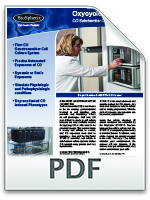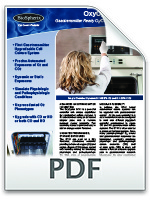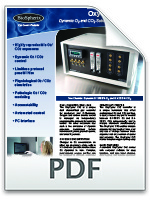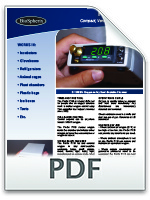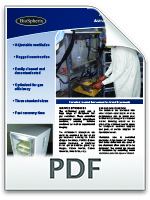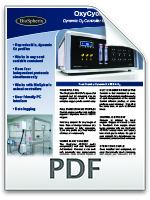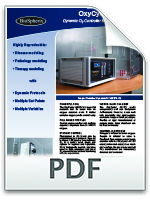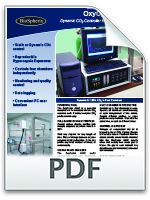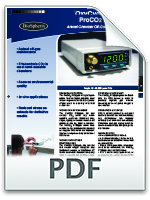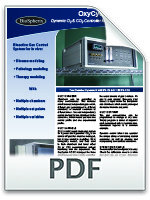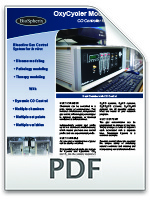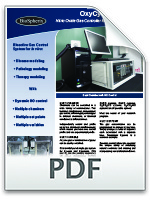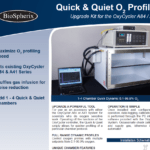Catalogs
Literature
|
|
|
|
|
|
|
|
Scientific Posters
Aseptic Culture Conditions to Reduce Risks of Metabolic Stress from Antibiotics
Eliminating Edge Effect in 96-well Plates by Controlling Thermal Conditions during Cell Plating
Closing the Fill/Finish Step for Reducing Risks to cGMP Virus or Cell Production
Controlled Conditions Reduce Critical Edge Effect in 96-Well Plates
Effect of Hypoxia on CAR-T Cells
Layered Protections for Aseptic Adipose-Derived Regenerative Cell Processing
Physioxic Control of Cell Handling Conditions Reduces Variability for Human MSC
Reducing plate edge effect by controlling cell handling conditions for in vitro tumor hypoxia assays
Oxygen Levels In Vitro Affect B Cell Function
Cord Blood Hematopoietic Stem Cell Function is affected by In Vitro Oxygen
Full Time Physiologic Temperature for Cell Handling Reduces Trypsinization Time of Human MSC
Reducing Biosafety Risks with use of a Barrier Isolator for Cell or Virus Production
Aseptic Fill/Finish for Flexible Cell Processing in a Cytocentric Isolator
A Fully Controlled Atmosphere Reduces Biofabrication Contamination Risks
Other
BioSpherix Customer Publication List
Cell Research Brochure – Getting Started in Cytocentric Research
Cell Research – Innate Immunometabolism Flyer
Cell Research – Immunometabolism Flyer
Cell Research – Immunometabolism – Lymphocytes Flyer
Xvivo System – Acea xCelligence Cell Based Assays
Xvivo System – Barrier Isolator Flyer
Xvivo System – BioSafety Flyer
Xvivo System – Cytocentric Bullets Flyer
Xvivo System – Cytocentric Cell X Device Flyer
Xvivo System – GMP Mini Facility Flyer
Xvivo System – GMP SVI 4 Page Flyer
Xvivo System – Ultimate Stem Cell Workstation




















